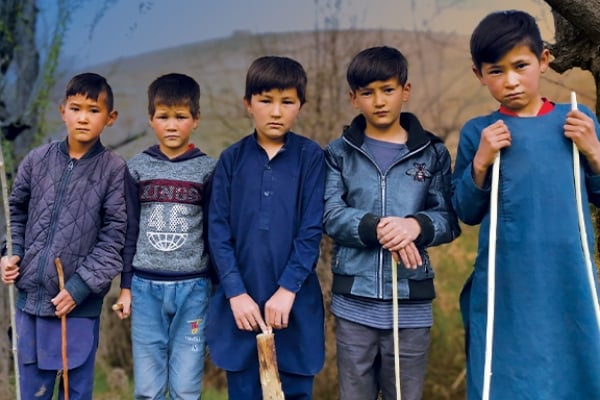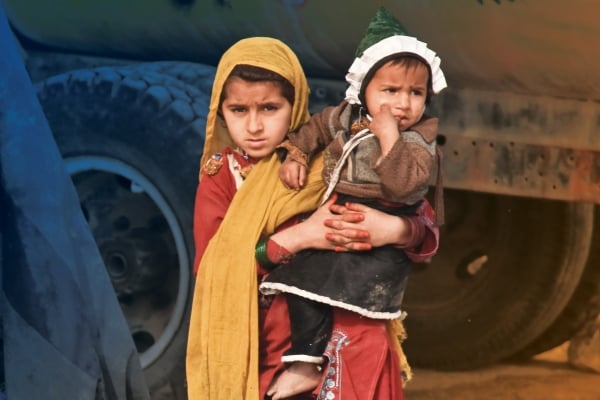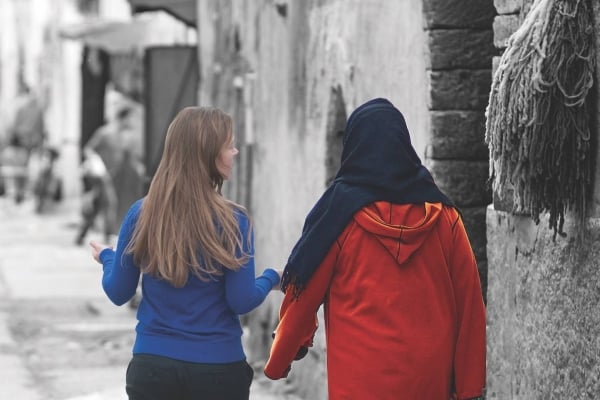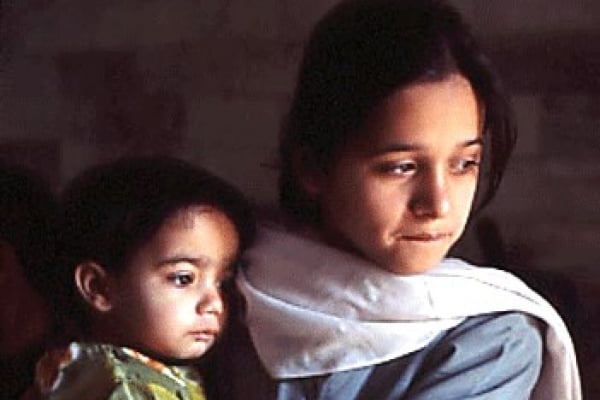
A Question Months in the Making
Sometimes God’s answer looks like a long wait for a chicken. And sometimes that answer is months or years in the making.
Marcus* had spent the day accompanying Ned, a visiting short-termer, on a tour of a religious center important to the local faith. Displaying the hospitality typical in his Middle Eastern culture, Revi, their guide, wouldn’t let the two make a quick stop for shawarma sandwiches on the way home from the temple; he instead insisted on ordering them a big roasted chicken and rice dinner.
Their conversation at the restaurant meandered to history and politics, and Marcus and Ned gave a free impromptu English lesson. As the wait for their dinner passed from minutes to hours, Marcus joked that the chicken must have escaped. Silently, he prayed for an opportunity to nudge the conversation toward Christ.
Though their stomachs were growling, the delay allowed Marcus and Ned to get to know Revi on a deeper level. He began inquiring about Christians and sharing about his experience as a religious minority—a group that has long faced persecution from the surrounding Muslim community.
Then, after two or three hours of friendly conversation, Revi asked a surprising question: “How does someone become a Christian?”
To a casual observer, the question seemed to have come out of the blue. But God had long been laying the foundation for this conversation through Marcus’ relationships with Revi’s extended family. And that day, Marcus saw a glimpse of the way the Lord weaves together connections, circumstances and the faithfulness of His people to open hearts to the gospel.
Earning Trust in a Family
Several years before, Marcus, a Christar worker, had befriended Revi’s cousin Salam, a tenant farmer living in a camp for displaced people, and connected him with resources for people living in his situation. When Salam’s sister needed surgery to address her congenital heart disease, Marcus had helped by tracking, advocating and filling in the visa paperwork required so she could have a lifesaving operation in another country—a surgery that would not have been possible if it were not for joint work with believers from another Christian organization. And, though he lives about 45 minutes away from Salam and his family, Marcus travels to visit him every few months to encourage him and water the seeds of faith in his heart. Marcus believes Salam has trusted in Christ, though Salam is hesitant to confess his faith around others.
“If you know one family, you know several,” says Marcus. He explains that the local culture is much less individualistic than Western norms, and that extended families are communal. The good reputation he had built within Salam’s immediate family had extended to a wider circle, and it had earned him trust in Revi’s eyes, even before the two men met.
Likewise, Marcus trusted Revi even though he’d never met Revi in person, and he would have sent Ned to tour the temple alone with him without hesitation. But Revi was eager to practice his English skills with two Americans, and God prompted Marcus to go as well.
Showing and Sharing Respect
God also worked through the way Marcus and Ned looked for opportunities to show respect during their visit to the religious center. They removed their shoes and sought ways to participate without worshipping other gods—an attitude that members of this religious community rarely experience from those of other faiths, many of whom view this group as devil-worshippers and have made them objects of violence. “I think our willingness to be respectful ‘participant observers’ built trust with Revi,” Marcus says.
As Christians, Marcus and Ned were a minority in the country as well, which provided common ground, especially in a culture that’s inherently religious. “People like to talk about God here,” Marcus shares, adding that he holds the tension of showing kindness and respect without compromising the uniqueness of the gospel.
At the restaurant, Marcus and Ned sought to use the time God gave them wisely, especially as Revi asked hard questions, such as “How do Christians treat other religious minorities?” They knew they had to answer with sensitivity as Revi’s inquiry wasn’t merely hypothetical: He and his family had fled the threat of genocide at the hands of terrorists.
Silently asking the Lord to guide them, Marcus and Ned shared how respect for human rights and for life is embedded in Scripture. Starting in Genesis, they explained about how God made all people in His image and that life is sacred, but that Adam and Eve fell. From there, they were able to share the big story of the Bible, working their way toward Christ and what it means to accept the good news. This was all new to Revi, and he listened with interest.
Finally, after four hours, a large platter arrived, and the three men eagerly ate together. “We were honored guests,” Marcus recalls. “We were blessed by this friendship and by more understanding of their customs; and we experienced traditional hospitality, which is highly valued in this community.”
Before they parted ways, Revi thanked Marcus and Ned for sharing about their faith. And Marcus and Ned thanked God for paving the way for them to convey the gospel while waiting for a chicken.
“It’s the Lord’s providence over us and over [people like Revi],” Marcus says. “It was a combination of God working in us to take risks to build rapport and respect, as well as God working in their hearts. It’s a willingness to see how God is working in a situation.” As he continues to befriend Revi and his family, Marcus trusts in God’s sovereignty and looks for the opportunities He is opening.
Participate By Praying:
- Praise God for paving the way for Christar workers to share the gospel with people who are open to this good news.
- Pray for discernment for Christar workers as they look for opportunities to share the hope of Christ with people in whose hearts God is already working.
- Pray that Salam and Revi will read the Bible, be drawn to Jesus and fully embrace the new life He offers.


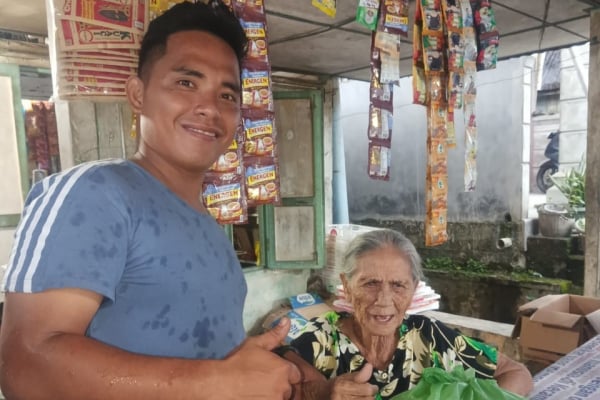

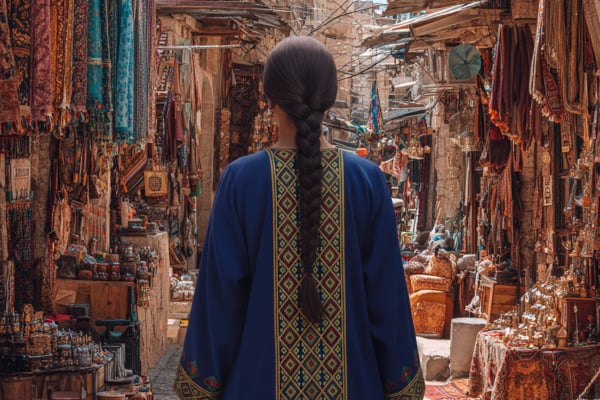

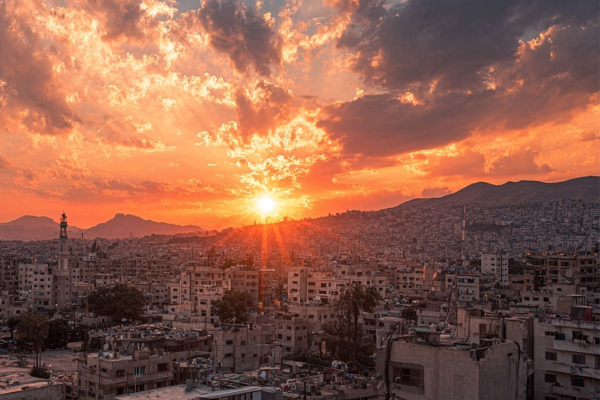
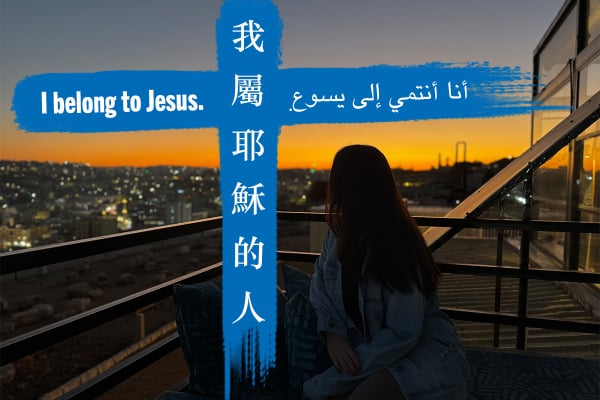


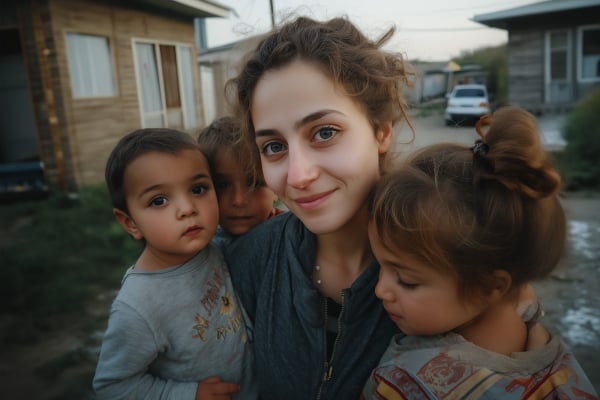

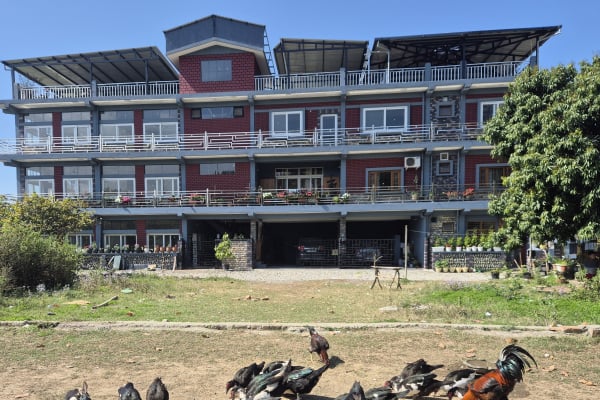

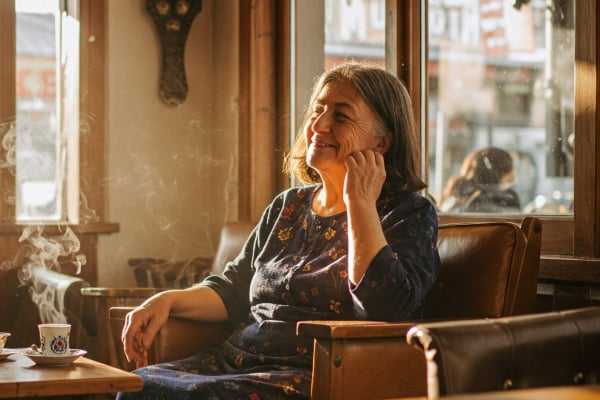
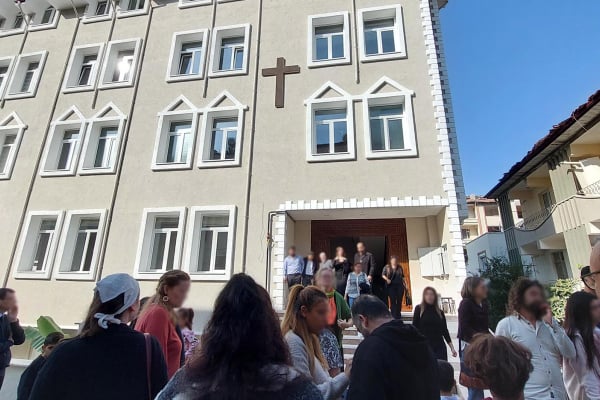

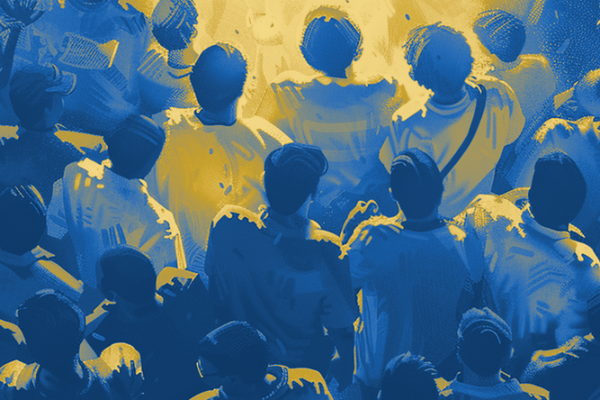

_1724957011_600x400.png)

_1654032461_600x400.jpg)
